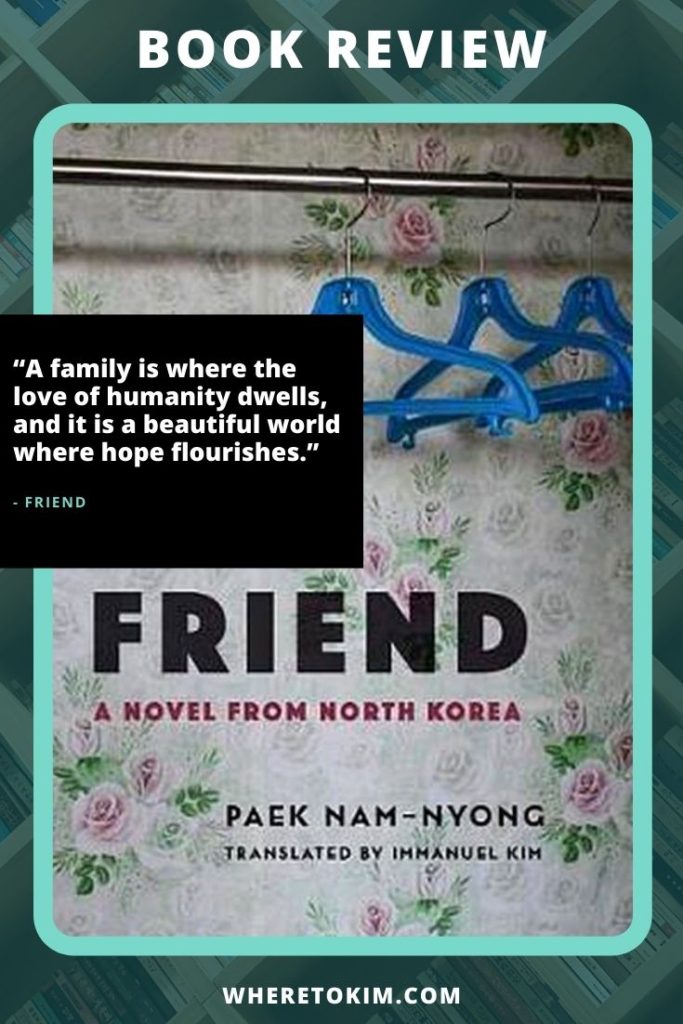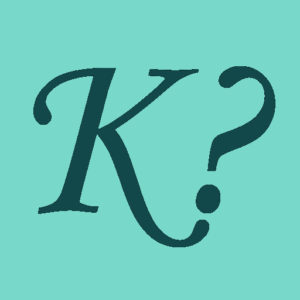In Friend by Paek Nam-nyong you follow the all-knowing judge as he tries to save every marriage he encounters for the greater prosperity of North Korea.
Location: set in North Korea
Friend synopsis
Paek Nam-nyong’s Friend is a tale of marital intrigue, abuse, and divorce in North Korea. A woman in her thirties comes to a courthouse petitioning for a divorce. As the judge who hears her statement begins to investigate the case, the story unfolds into a broader consideration of love and marriage. The novel delves into its protagonists’ past, describing how the couple first fell in love and then how their marriage deteriorated over the years. It chronicles the toll their acrimony takes on their son and their careers alongside the story of the judge’s own marital troubles.
A best-seller in North Korea, where Paek continues to live and write, Friend illuminates a side of life in the DPRK that Western readers have never before encountered. Far from being a propagandistic screed in praise of the Great Leader, Friend describes the lives of people who struggle with everyday problems such as marital woes and workplace conflicts. Instead of socialist-realist stock figures, Paek depicts complex characters who wrestle with universal questions of individual identity, the split between public and private selves, the unpredictability of existence, and the never-ending labor of maintaining a relationship. This groundbreaking translation of one of North Korea’s most popular writers offers English-language readers a page-turner full of psychological tension as well as a revealing portrait of a society that is typically seen as closed to the outside world.
Book review
Follow the all-knowing judge as he tries to save every marriage he encounters for the greater prosperity of the country. This may sound like a joke, but that’s how Friend felt to me. One must do well in marriage for the good of the country. It is also important to never stand still and change with the times.
Background
What makes this book an instant must-read for me is the fact that Friend is endorsed by the North-Korean government and that it is quite popular in that country. This tells you something about the content of the book: it is appropriate and respectful of North-Korean sensibilities. So you will not read anything revolutionary, critical, or challenging. What it does offer is a unique insight into North Korean culture from the perspective of an insider – someone who still lives there. Because of this, it is a good counter-voice to the books written by escapees and defectors.
The fact that it sees its system as just is no reason to condemn it: don’t many authors do the same with books set in their countries? I don’t need an anarchist story per se. Paek Nam-nyong wants to educate his readers on the importance of self-cultivation, which entails lifelong learning. Who doesn’t like books about personal growth?
Story
Judge Jeong Jin Wu takes his work very seriously. He considers every single divorce case that he presides over as immensely important for the nation’s prosperity. By doing well at marriage, citizens can show affection for their country. Moreover, it is a person’s true national duty to progress and advance in one’s social position. Skills and morals are linked as our detective judge tries to find out where the marriage went wrong. “Can a woman who sings so passionately about the nation be the source of her family’s troubles? No, she can’t.”
He believes that it is the duty of the law – him, that is – to repair dysfunctional families. As a reader, you admire the effort people put into helping others become better people. That’s a great sense of community. Perhaps not for reasons we share, but the effort is nonetheless remarkable and can serve as an inspiration to anyone reading this book.
“Who cares what we did in the past? I care about how we live today and how we’re going to live tomorrow!” In the present case, the wife is the ambitious one. She wants her marriage to change, but her husband is satisfied with the life he leads. People in North Korea struggle with the same things we do. And what’s more, even the infallible judge faces the same challenge. As you read, you wonder when the judge will finally realize that the way he thinks about his wife is much like the way Sun Hee thinks about her husband. When he realizes this, you can only applaud him for being such a good person. The judge’s thoughts about other people are very patronizing. I am often amazed at the conclusions he draws from the conversations he has.
Writing
The tone makes the book feel like a much older book (1950s-70s) even though it was published in 1988. For example, when a child talks and thinks, adult language is used. I am not a fan of the writing style, especially since multiple points of view are used within one paragraph. From the judge’s thoughts and observations, we jump straight into the head of the person he is talking to, and flashbacks are incorporated into dialogues. There is also an unfinished side story.
Conclusion
Friend is about the meaning of marriage and community, and the role these things play in North Korean society. It won’t surprise you that divorce is the country’s decision and not yours, even if you both want it. The story and the writing style are not impressive. Read this book only if you are interested in its cultural and political merits: see if you can discover what artistic liberties the author allowed himself within the limits of society’s expectations.
Interested?
Get your copy of Friend: A Novel from North Korea from Amazon.
Book details
Title: Friend: A Novel from North Korea
Author: Paek Nam-nyong
Translator: Immanuel Kim
Publisher: Columbia University Press
Pages: 240
ISBN (13): 9780231195607
Publication date: 5 May 2020







